Hate Mondays? Feel exhausted before your workday even begins? Fantasize about quitting your job with a dramatic exit? Well, my friend, if you think “My job is too stressful”, then you might be suffering from a condition that I like to call Shit Job Stress Disorder (SJSD).
The what? You read that right. Shit. Job. Stress. Disorder. When your job is shit so you get perpetually stressed.
Of course, I can call it something fancy like Work Related Stress Disorder (WRSD) or simply workplace stress. But that doesn’t change the fact that you feel like shit going to work and you feel like shit after coming home from work. That my friend is the sign of Shit Job Stress Disorder (SJSD).
Still not convinced? Fine. Let’s explore what SJSD is, what this all-too-real experience of work-related stress looks like and how you can actually overcome it.
So grab a cup of coffee, take a deep breath, and let’s dive in!
Ah Yes, Shit Job Stress Disorder (SJSD)!
The alarm rings. You barely wake up and sigh. Another day. You silently sit on your bed like a lifeless zombie asking yourself – “Do I really need this job?”
As the reality slowly dawns upon you and you realize that you still need to pay bills, you get out of your bed reluctantly and go through the motions one more time.
You go through all that traffic one more time.
You walk into your colorless office building one more time.
You stand outside your office for a brief second staring at the large, glossy signage with your organization’s name and tagline on it –
SHIT JOB LLP
Sucking you dry for peanuts.
As you enter your office and punch in, whatever little happiness, joy or life was left in your being gets instantly drained. You can feel your mood getting worse by the second.
You can feel yourself being suffocated by the constant pressure of your job, by the unending pile of pending tasks and targets, by the instantly disappearing deadlines, by your manipulative coworkers and your supremely toxic boss, who solely exists to make your life hell so that he or she can profit more out of your misery.
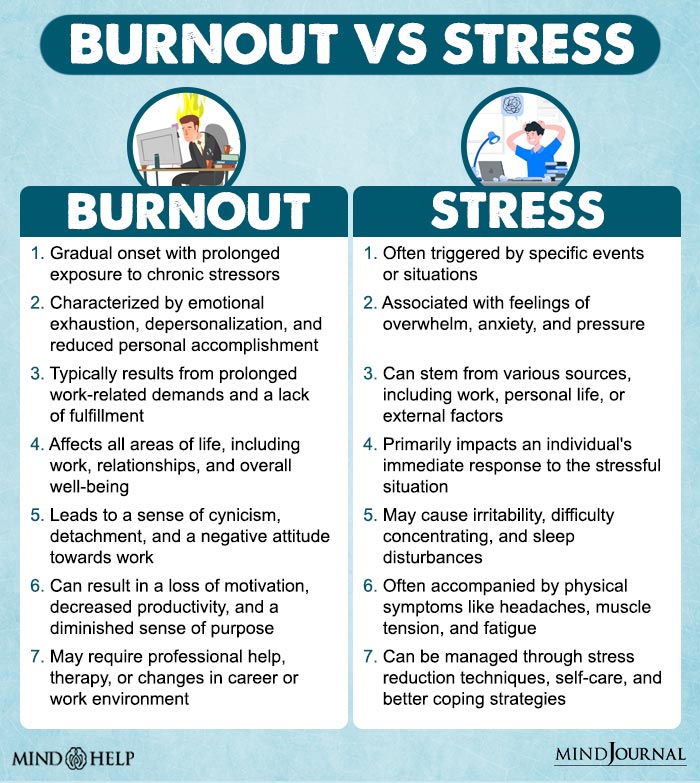
As you sit in your workstation and start the day, your heart becomes burdened with an unexplainable sadness. Your mind gets bogged down by chronic stress. Your body starts to feel constricted as you are forced to sit on that tiny chair for hours. And your soul feels heavy as you force yourself to endure all of this.
You think to yourself, “My job is too stressful.” Every cell in your body is screaming at you for help. Screaming at you to run for your life. Telling to look after yourself, prioritize yourself, your mental and emotional well-being. To love yourself and take care of yourself.
Related: What Is Urgency Culture? How Its Driving You To Burnout?
You feel all of it. Yet you remain silent. You take a sip of water and keep working on your laptop. You have bills to pay. So you endure, keep your head down and your mouth shut. Absorbing all the stress that destroy you further.
This my friend is called Shit Job Stress Disorder (SJSD).
And yes, it’s not a “real” disorder. I made it up. It’s a made up name. But that doesn’t make it any less “real”. While it may not be medically approved or recognized, workplace stress is still real. You recognize it, don’t you? You can feel it, can’t you?
You know what I am talking about. You know what Shit Job Stress Disorder (SJSD) is all about.
And yes, you got bills to pay. But not at the cost of your own happiness. Not by ignoring the psychological effects of job stress. Not at the cost of your life.
So what can you do when you keep thinking “My job is too stressful.”? How can you cope with this? How can you have a thriving career while being happy? Let’s find out, my friend.
What is Shit Job Stress Disorder (SJSD)?
SJSD refers to the unique blend of stress and frustration caused by toxic work environments.
Also known as work related stress disorder (WRSD), it explains the mental and emotional strain experienced by individuals who find themselves trapped in jobs that drain their spirits, crush their creativity, and suffocate their sense of fulfillment.
This form of workplace stress manifests itself in a variety of ways, affecting both the individual’s professional and personal life.
Job So Shitty, You Can’t Be Witty
Shit Job Stress Disorder (SJSD) is a term coined to describe the combination of stress, anxiety, fear, insecurity, anger and frustration experienced by individuals working in toxic and unfulfilling job environments.
Simply put, SJSD (or Work Related Stress Disorder) refers to the negative impact that a shitty job can have on your overall well-being. It’s that feeling of dread and anxiety that creeps in on Sunday evenings, knowing that you have to face another week of soul-sucking work. It’s the daily grind that leaves you counting the minutes until lunchtime, and the sense of monotony that kills your creativity and passion for what you do.
It’s the type of shitty job that makes you question “My job is too stressful, I don’t know how I am going to survive this.”
In addition to the emotional toll, SJSD can also manifest in physical symptoms such as headaches, muscle tension, fatigue, and even stomach problems. The stress and unhappiness caused by a shit job can take a toll on your health, both mentally and physically.
While SJSD may be a fictional disorder, it represents a very real phenomenon that affects countless individuals in the workforce as there are severe psychological effects of job stress.
It’s important to acknowledge and address the impact that a toxic work environment can have on our lives, as well as explore strategies for overcoming workplace stress and finding greater fulfillment in our professional journeys.
This is What Shit Job Stress Disorder Looks Like
Do you keep telling yourself “My job is too stressful”? Here are a few telltale signs that your work has become a living nightmare –
1. The Sunday Sigh
The mere thought of the impending workweek triggers a sense of dread and anxiety, leaving you unable to enjoy your Sundays fully.
2. The Daily Grind
Each workday feels like an uphill battle. You find yourself counting the minutes until lunchtime, and the clock seems to slow down to a crawl.
Related: Psychological Safety At Work: Why It Is Important And How To Make Your Team Feel Safe
3. Creative Constipation
Your once-vibrant imagination and innovative thinking become stifled by the monotonous nature of your job. Your creativity takes a nosedive, leaving you feeling uninspired and unfulfilled.
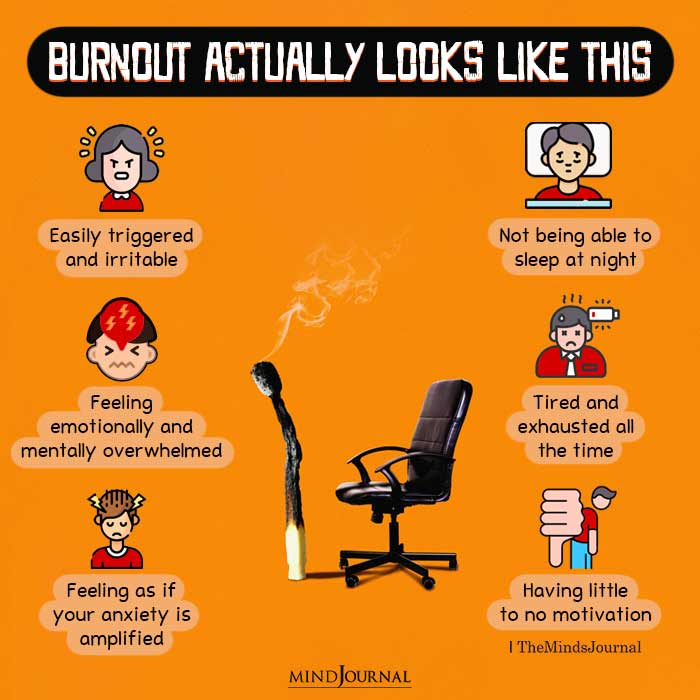
4. Toxic Atmosphere
The toxic workplace environment takes a toll on your mental and emotional well-being. Colleagues and supervisors may engage in gossip, office politics, or even bullying, creating a hostile ambiance that drains your energy.
5. Physical Symptoms
SJSD can also manifest in physical symptoms such as headaches, muscle tension, fatigue, and stomach problems. Workplace stress can have a tangible impact on your overall health.
How Shit Job Stress Disorder Destroys Your Life
If you keep thinking that “My job is too stressful”, then it’s clear that work related stress is seriously affecting your life.
Shit Job Stress Disorder (SJSD) or Work Related Stress Disorder is not just about being a little stressed about your job. It’s not about wanting to sleep a little longer. It’s not about wanting to have a day off. It’s about the much more serious effects a shitty job can have on your life.
Here are some of the most common psychological effects of job stress –
1. It leads to emotional distress
SJSD can cause a range of negative emotions, including frustration, anger, sadness, and anxiety.
2. It causes decreased job satisfaction
Individuals with SJSD often experience a significant decrease in their overall satisfaction and fulfillment in their job. This is one of the most fundamental psychological effects of job stress.
3. It can have serious physical symptoms
SJSD can manifest in physical symptoms such as headaches, muscle tension, fatigue, sleep disturbances, and even digestive issues.
4. It can cause job burnout
The chronic stress associated with SJSD can lead to burnout, characterized by exhaustion, cynicism, and a decreased sense of accomplishment.
5. It can impair your mental health
SJSD can contribute to the development or exacerbation of mental health conditions, such as depression, anxiety disorders, and chronic stress. This is one of the most harmful psychological effects of job stress.
6. It can strain your relationships
The negative effects of workplace stress can spill over into personal relationships, leading to increased conflict and tension with family and friends.
7. It can reduce your productivity
The stress and dissatisfaction caused by SJSD can impair an individual’s ability to focus, concentrate, and perform at their best, leading to decreased productivity. Dissatisfaction can make you think “My job is too stressful”.
Related: Quiet Quitting: A Mental Health Movement Or An Anti-Work Movement?
8. It can cause career stagnation
SJSD can hinder professional growth and advancement, as individuals may become disengaged, lose motivation, and miss out on opportunities for development.
9. It can lead to negative self-perception
Over time, SJSD can erode an individual’s self-esteem and self-confidence, as they may internalize the negative experiences and feedback in the workplace. Lack of self worth and low self-esteem are very real psychological effects of job stress.
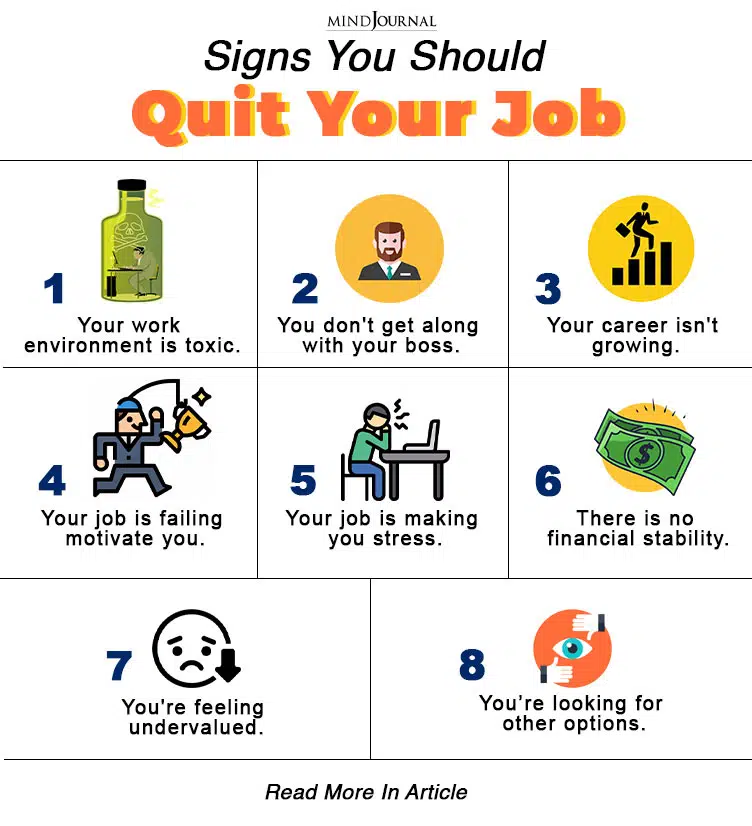
However, it’s important to note that the impact of SJSD can vary from person to person, and the severity of symptoms may also differ.
Why Do You Have Shit Job Stress Disorder?
Ever asked why you believe “My job is too stressful”? Ever wondered what are the causes of Shit Job Stress Disorder (SJSD)?
Here we have all the spoilers that unmask the culprits and reveal the causes of SJSD-
1. You Have a Toxic Boss (Duh!)
Okay, right off the bat – your boss is toxic. You know it. They don’t care about you (or anybody else for that matter) and they only care about how much money they make. But why is this such a big deal? Why is this leading to Work Related Stress Disorder?
A boss is like the captain of a ship. A good captain can steer a ship away from rough waters and into the shore, a bad captain can sink the whole ship.
The behavior and management style of a toxic boss can create a hostile work environment that erodes employee morale, increases stress levels, and ultimately leads to a range of negative consequences for employees.
So what makes a boss toxic? Let’s see.
- A toxic boss often exhibits traits such as micromanagement, constant criticism, and a lack of support.
- A toxic boss may engage in favoritism, playing favorites with certain employees while disregarding or undermining others.
- A toxic boss often fails to provide clear expectations or realistic goals, setting their employees up for failure.
- Toxic bosses often lack effective communication skills. They may resort to aggressive or passive-aggressive behavior, belittling their employees or using derogatory language.
A toxic boss creates a shitty work environment. The cumulative effect of these toxic behaviors can result in employees experiencing heightened stress levels, decreased job satisfaction, and increased emotional strain.
Over time, this chronic exposure to a toxic boss can lead to the development of SJSD, where the negative impact of the work environment becomes all-consuming.
2. You Don’t Feel Professionally Satisfied
One of the primary causes of SJSD is the inherent lack of fulfillment in a job. When individuals find themselves in roles that do not align with their passions, values, or interests, it can lead to a sense of emptiness and dissatisfaction.
Performing tasks that are monotonous, repetitive, or devoid of purpose can drain motivation and contribute to the development of SJSD.
3. You are Confused About Expectations
When job expectations and responsibilities are unclear or constantly shifting, it can create a perpetual state of anxiety and stress. Employees may feel overwhelmed and unsure of how to meet the demands placed upon them.
Lack of clarity can also result in a fear of making mistakes, which further contributes to stress levels.
4. Your Workplace Has a Toxic Culture
A toxic work culture can be a breeding ground for SJSD, making you believe ““My job is too stressful”. This includes an environment characterized by bullying, harassment, favoritism, and a lack of respect among colleagues and supervisors.
Gossip, office politics, and a general lack of support or teamwork can create a hostile atmosphere that takes a toll on employees’ mental and emotional well-being.
Related: Is Stress Changing How You Show Up At Work? 23 Tips To Know
5. You Have No Work-Life Balance
An imbalance between work and personal life is another significant cause of SJSD. When work demands encroach upon personal time, it leaves individuals with little opportunity for relaxation, self-care, and pursuing activities outside of work.
Constantly being “on” and never truly disconnecting can lead to chronic stress and burnout.
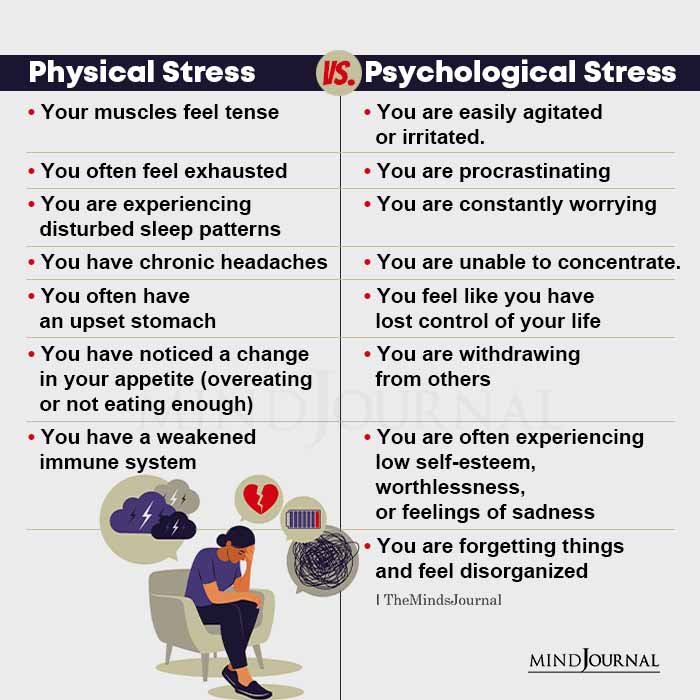
6. You Are Burdened With Unrealistic Deadlines
Constantly working under high-pressure situations, tight deadlines, and unachievable targets can be incredibly stressful.
When employees feel like they are constantly chasing and never able to meet expectations, it can lead to burnout, anxiety, and a sense of never being good enough.
7. Your Career is Stagnant
A lack of growth and development opportunities within a job can contribute to SJSD (also known as Work Related Stress Disorder). Feeling stagnant and without prospects for advancement or skill enhancement can lead to a sense of being trapped and unfulfilled.
Without a clear path for progression, employees may feel that their talents and potential are being wasted.
But wait, we’re just getting started. We have more spices to garnish your Shit Job Stress Disorder (SJSD).
8. Soul-Sucking Tasks
Mundane, repetitive tasks that offer little challenge or growth can make even the most enthusiastic employee feel trapped in a cycle of monotony.
9. Lack of Autonomy
Having your every move micromanaged by overbearing supervisors can be soul-crushing. Feeling like a cog in a machine rather than a valued team member can lead to immense frustration.
10. Poor Leadership
Ineffective or unsupportive leadership can exacerbate SJSD. When supervisors fail to provide guidance, support, or constructive feedback, employees can feel undervalued and unsupported.
Lack of recognition for good work and a lack of opportunities for professional growth can contribute to feelings of frustration and disillusionment.
11. Toxic Co-workers
Dealing with toxic colleagues who thrive on negativity and drama can turn any workplace into a nightmare.
Gossip, backstabbing, and unsupportive attitudes can erode your sense of belonging and contribute to SJSD. Having toxic coworkers can make you think “My job is too stressful”.
Okay, enough with all these excuses and reasons and blah, blah, blah! Let’s ask the real questions here –
How do we fix things?
How can we deal with this Shit Job Stress Disorder?
How can we keep our jobs without feeling shitty about it?
How can we be happy yet pay the bills on time?
Here’s what you need to do.
How to finally overcome Shit Job Stress Disorder
Nothing good ever comes easy. So if you want to deal with your “disorder” and find happiness while thriving in your career, you need to make some dedicated efforts. Here’s how you can get started on the road to recovery –
1. Assess Your Options
Start by evaluating your current situation. Determine whether the stress is temporary or if it’s a chronic problem inherent in the workplace culture. Understanding the root cause of your stress will help you decide the best course of action.
2. Seek Support
Build a network of supportive colleagues, friends, or family members who can provide a listening ear and offer advice. Sharing your experiences with others who understand can be incredibly validating and help alleviate some of the stress.
Related: How To Feel Happy At Work Again: 5 Fail Proof Ways
3. Set Boundaries
Establish clear boundaries between your work life and personal life. Avoid checking emails or thinking about work outside of office hours. Dedicate time to activities that bring you joy and help you relax. This is how you stop telling yourself “My job is too stressful”.
4. Pursue Passion Projects
Engaging in activities outside of work that ignite your passions and fuel your creativity can provide a much-needed escape from the daily grind. It could be painting, writing, playing an instrument, or any hobby that brings you joy.
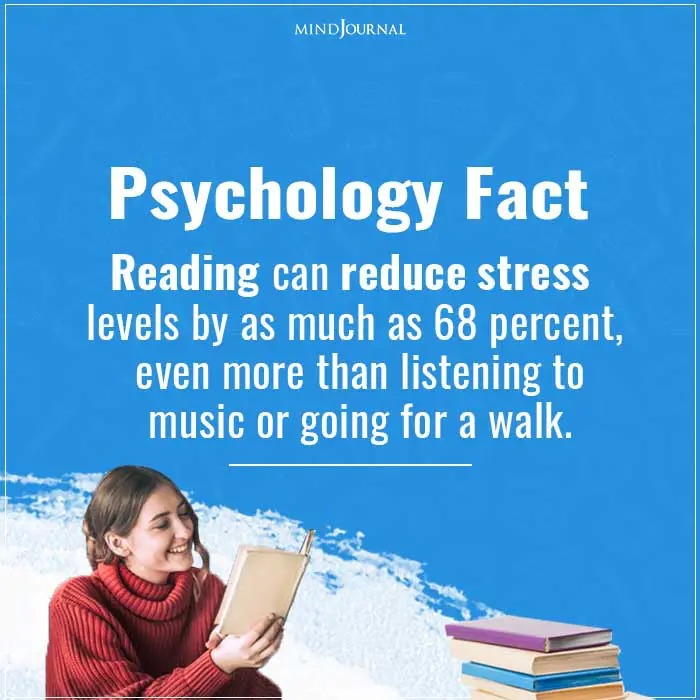
5. Polish Your Resume
If your job is causing significant distress with no signs of improvement, it may be time to explore other opportunities. Update your resume, network with professionals in your field, and keep an eye out for job openings that align better with your career goals and values.
6. Speak Up
If you feel comfortable doing so, address your concerns with your supervisor or HR department.
Constructive feedback can help bring about positive changes in the workplace. Remember, you deserve to work in an environment that respects and values its employees.
Job is Shitty, But Life is Pretty
While Shit Job Stress Disorder may be a fictional term, the experiences it represents are all too real for many individuals stuck in toxic work environments.
By recognizing the symptoms, understanding the causes, and implementing strategies to overcome SJSD, you can take steps toward reclaiming your happiness and finding fulfillment in your professional journey. This is how you get rid of negative thoughts like “My job is too stressful”.
You don’t have to let a shit job define your life. Your mental health and well-being are worth fighting for. Take the first step towards a brighter future, where work is fulfilling, and stress is manageable.
Remember, you deserve to work in an environment that promotes growth, positivity, and respect. So, take a deep breath, muster up your strength, and embark on the journey of breaking free from SJSD.
You’ve got this!
Related: The First Step In Tackling Workplace Stress
Frequently Asked Questions (FAQs):
What are 5 signs of work-related stress?
Five signs of work-related stress include feeling constantly fatigued, experiencing heightened anxiety, irritability, decreased productivity, and physical symptoms such as headaches or stomach issues.
How do you fix job stress?
Address job stress by setting boundaries, seeking support, practicing relaxation techniques, prioritizing self-care, and considering work changes if necessary.
At what point is a job too stressful?
A job becomes too stressful when it consistently impacts physical and mental health, hinders personal life, and offers no relief.
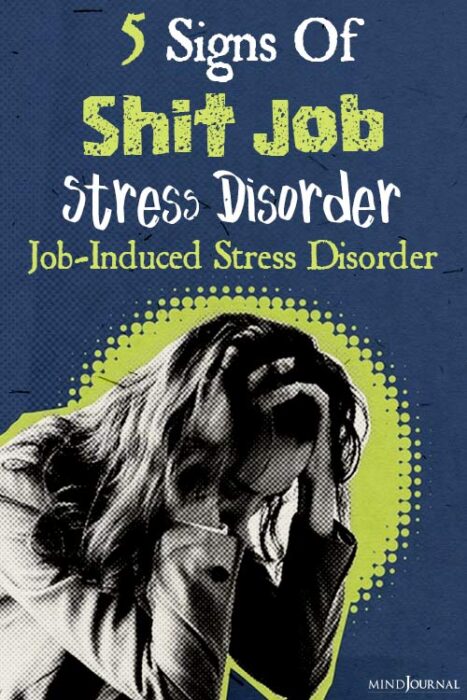
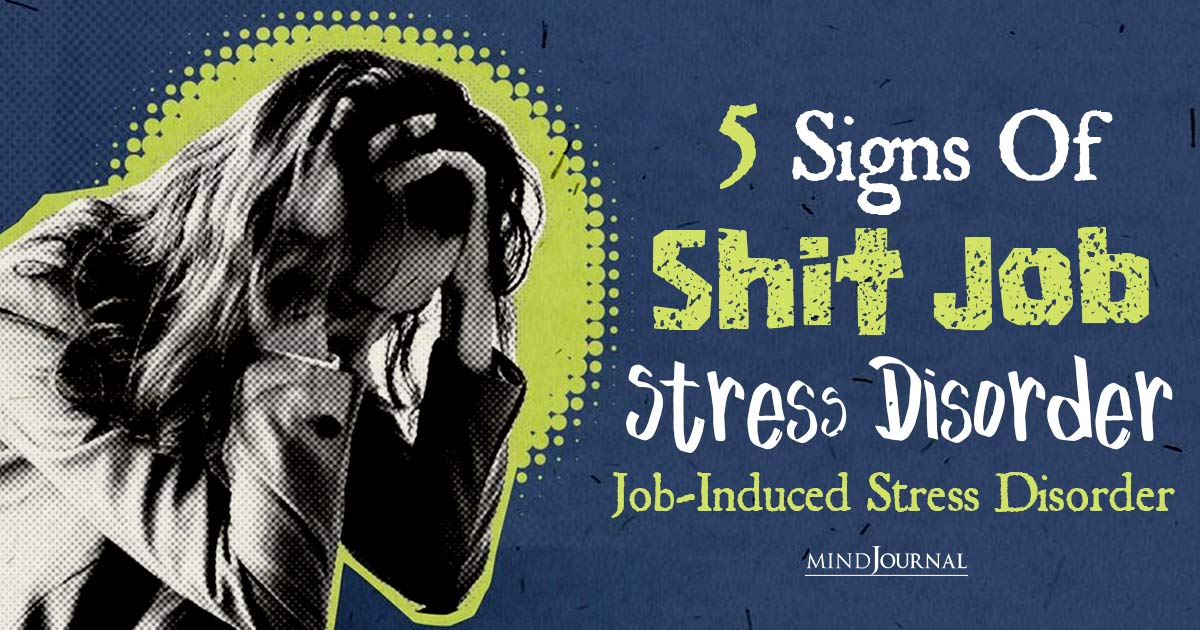

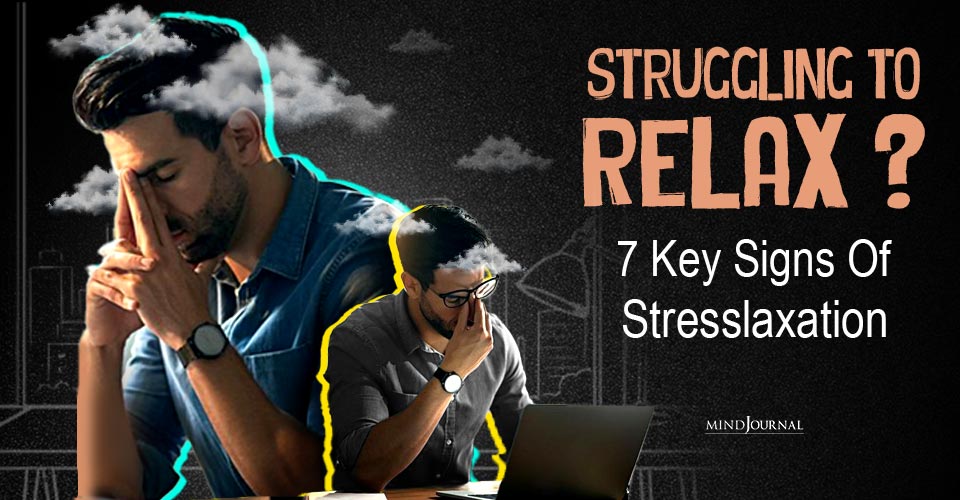

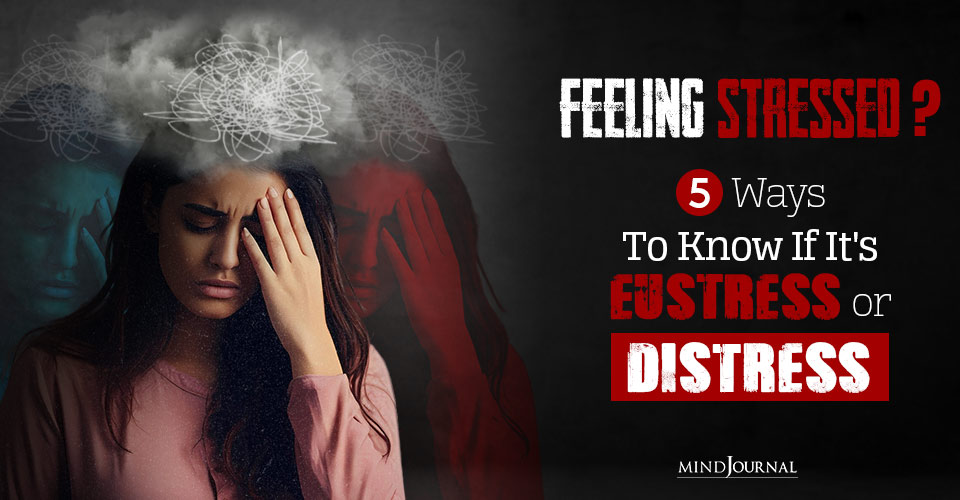
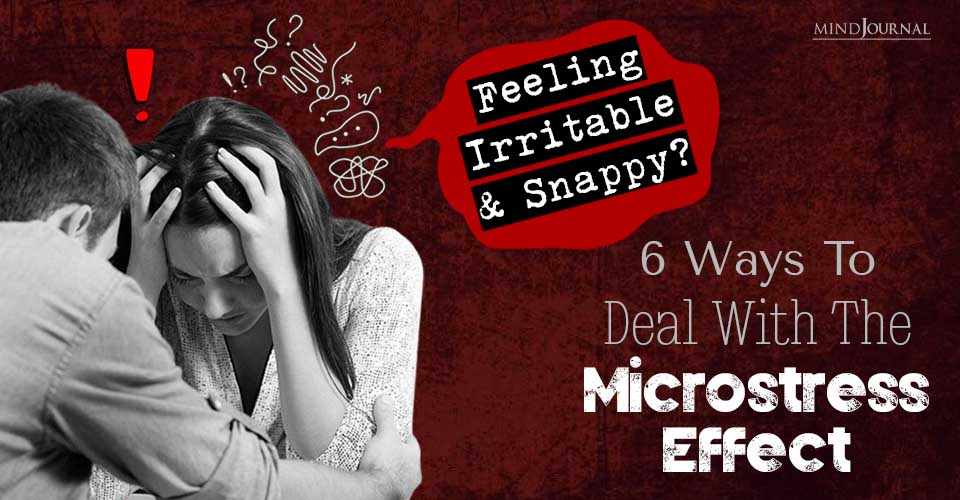


Leave a Reply
You must be logged in to post a comment.